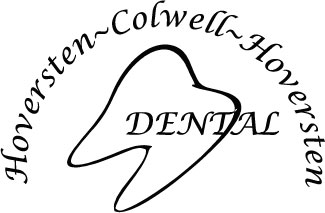Oral Surgery

You and your dentist may determine that you need a tooth extracted for many reasons. Some teeth need to be removed because they are severely decayed, are broken beyond repair, or due to periodontal disease. Teeth may be removed for orthodontics (braces), or, in the case of wisdom teeth (third molars), because they do not have room to erupt.
During your appointment, your dentist will present you with other treatment alternatives to having the tooth removed. While it may seem at the time like it is the cheapest, least expensive treatment, in the long run, that may not be the case. Replacing a tooth that has been extracted to maintain a good solid bite can be costly. However, if you don’t replace the tooth, the teeth on either side of the space may shift, or tip inward towards the space, causing problems with your bite and chewing.
When a tooth is being removed, you will feel pressure, but you should not feel pain. Because the ear is in such close proximity to your teeth, you will also hear noise during the removal. Sometimes a tooth needs to be sectioned. If this is the case, don’t be alarmed. This procedure is very common place and can actually shorten the time and effort needed to remove a tooth.
After the procedure, your dentist will send you home with a list of post operative instructions. It is imperative that you follow these so that you have an uneventful healing. If sutures were placed, you need to return to the office approximately a week post-operative to have them removed.
Read more about our oral surgery options:
